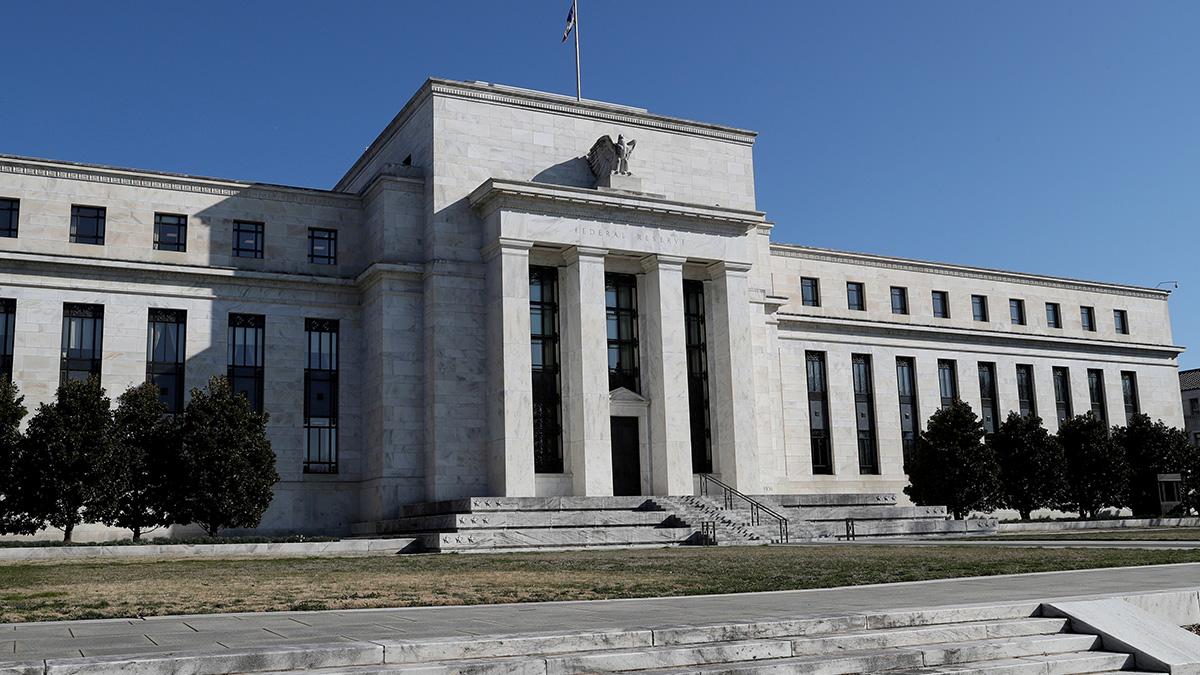Fed Rate Cut Could Drive Bitcoin Price Down, Analysts Warn
05.09.2024 8:00 1 min. read Alexander Stefanov
Experts warn that a potential interest rate cut by the Federal Reserve could lead to a significant drop in Bitcoin's price, contrary to many traders' expectations.
Analysts suggest that a rate reduction could cause Bitcoin to fall by 15-20%, potentially dipping to levels not seen since February.
According to Bitfinex analysts in a September 2 report, September is historically a volatile month for Bitcoin. They believe that the anticipated Fed rate cut could further intensify market volatility. The analysts also pointed out that macroeconomic shifts could alter this forecast.
The Federal Reserve’s decision on interest rates is expected on September 18. While the market anticipates a rate cut following recent dovish comments from Fed Chair Jerome Powell, which often makes riskier assets like Bitcoin more appealing compared to traditional investments, uncertainty remains.
Bitcoin is currently trading at $56,600, showing a 4.3% decline over the past 24 hours. A 20% decrease from this price would bring Bitcoin to around $45,000, a level last seen on February 8. Markus Thielen of 10x Research mentioned that this price point could be crucial for the start of a new bull market.
In contrast, Joe Consorti from Bitcoin Layer views the $60,000 level as a consolidation zone for long-term holders. Meanwhile, trader Daan Crypto Trades notes that Bitcoin is currently hovering around its Bull Market Support Band, showing little movement in either direction.
-
1
Bitcoin: What to Expect After Hitting a New All-time High
10.07.2025 14:00 2 min. read -
2
Peter Brandt Issues Cautious Bitcoin Warning Despite Bullish Positioning
10.07.2025 20:00 2 min. read -
3
Vanguard Now Owns 8% of Michael Saylor’s Strategy, Despite Calling BTC ‘Worthless’
15.07.2025 17:09 2 min. read -
4
Standard Chartered Becomes First Global Bank to Launch Bitcoin and Ethereum Spot Trading
15.07.2025 11:00 1 min. read -
5
What’s The Real Reason Behind Bitcoin’s Surge? Analyst Company Explains
12.07.2025 12:00 2 min. read
Ethereum Spot ETFs Dwarf Bitcoin with $1.85B Inflows: Utility Season in Full Swing
Ethereum is rapidly emerging as the institutional favorite, with new ETF inflow data suggesting a seismic shift in investor focus away from Bitcoin.
Ethereum Flashes Golden Cross Against Bitcoin: Will History Repeat?
Ethereum (ETH) has just triggered a golden cross against Bitcoin (BTC)—a technical pattern that has historically preceded massive altcoin rallies.
Bitcoin Banana Chart Gains Traction as Peter Brandt Revisits Parabolic Trend
Veteran trader Peter Brandt has reignited discussion around Bitcoin’s long-term parabolic trajectory by sharing an updated version of what he now calls the “Bitcoin Banana.”
Global Money Flow Rising: Bitcoin Price Mirrors Every Move
Bitcoin is once again mirroring global liquidity trends—and that could have major implications in the days ahead.
-
1
Bitcoin: What to Expect After Hitting a New All-time High
10.07.2025 14:00 2 min. read -
2
Peter Brandt Issues Cautious Bitcoin Warning Despite Bullish Positioning
10.07.2025 20:00 2 min. read -
3
Vanguard Now Owns 8% of Michael Saylor’s Strategy, Despite Calling BTC ‘Worthless’
15.07.2025 17:09 2 min. read -
4
Standard Chartered Becomes First Global Bank to Launch Bitcoin and Ethereum Spot Trading
15.07.2025 11:00 1 min. read -
5
What’s The Real Reason Behind Bitcoin’s Surge? Analyst Company Explains
12.07.2025 12:00 2 min. read

